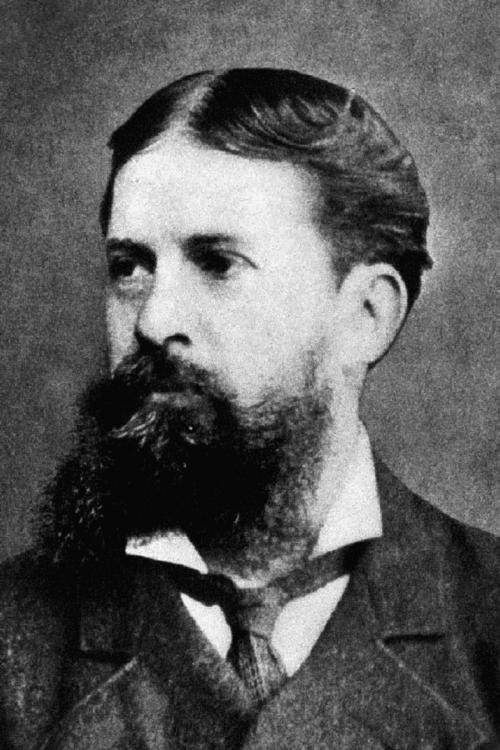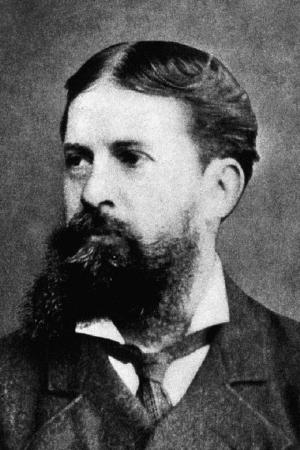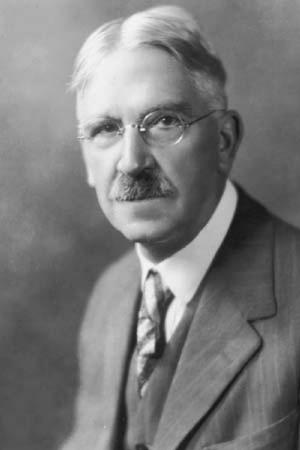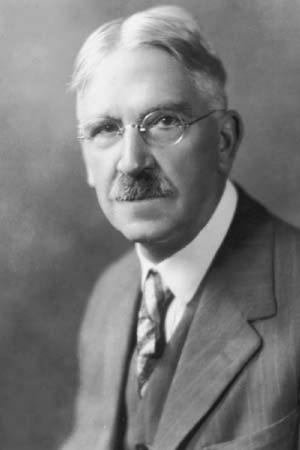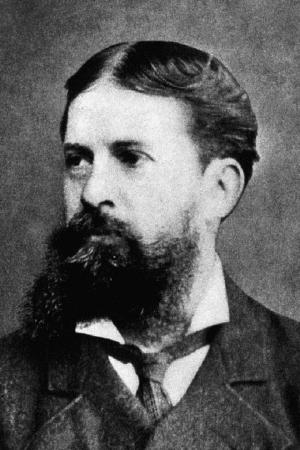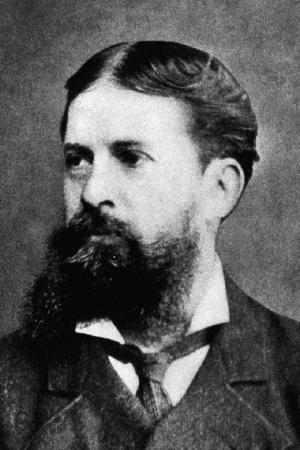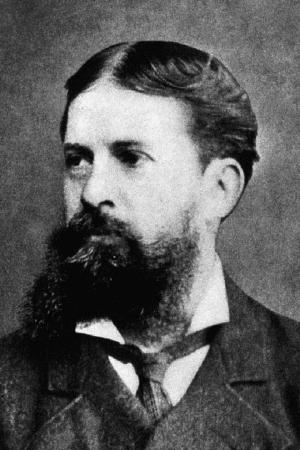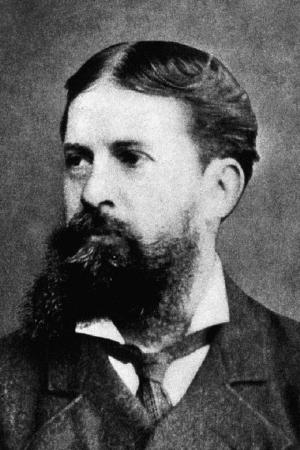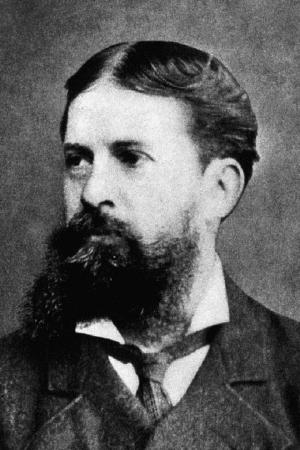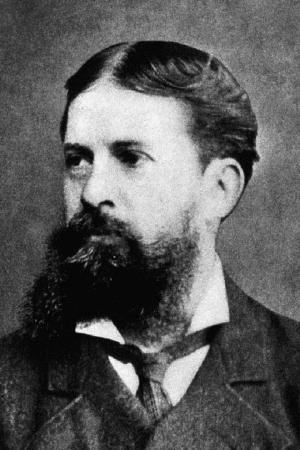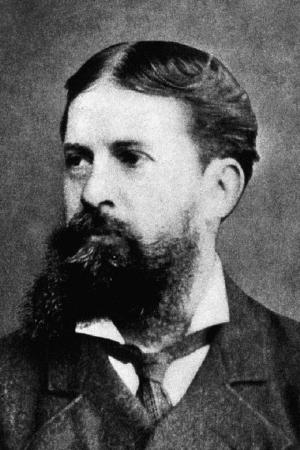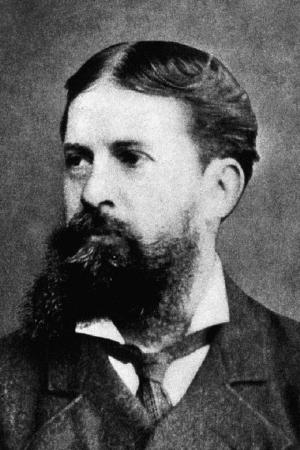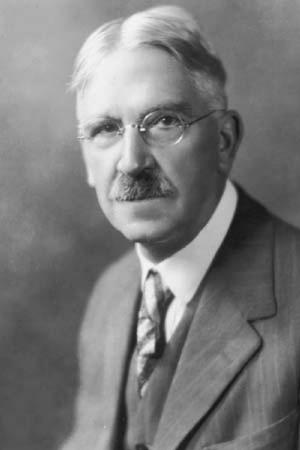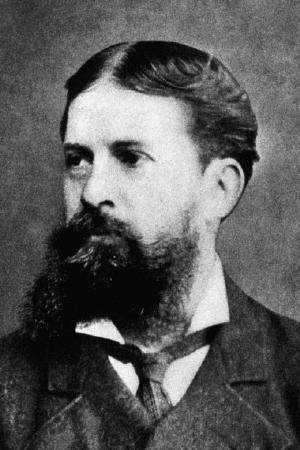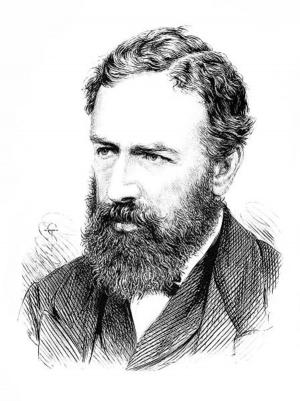| Author: | Charles Peirce, Timeless Books: Editor | ISBN: | 1230001230260 |
| Publisher: | Timeless Books | Publication: | July 14, 2016 |
| Imprint: | Language: | English |
| Author: | Charles Peirce, Timeless Books: Editor |
| ISBN: | 1230001230260 |
| Publisher: | Timeless Books |
| Publication: | July 14, 2016 |
| Imprint: | |
| Language: | English |
The book has an active table of contents for readers to access each chapter directly.
In 1934, Paul Weiss, an American philosopher, the founder of The Review of Metaphysics, and the Metaphysical Society of America, called Charles Peirce "the most original and versatile of American philosophers and America's greatest logician".
In 1943, Webster's Biographical Dictionary added Charles Peirce’s introduction as "now regarded as the most original thinker and greatest logician of his time."
Max Fisch, a well-known writer of identity, individuality, responsibility, morality, and political commitment, commented Charles Peirce as the follow:
“Who is the most original and the most versatile intellect that the Americas have so far produced? The answer Charles S. Peirce is uncontested, because any second would be so far behind as not to be worth nominating. He was mathematician, astronomer, chemist, geodesist, surveyor, cartographer, metrologist, spectroscopist, engineer, inventor; psychologist, philologist, lexicographer, historian of science, mathematical economist, lifelong student of medicine; book reviewer, dramatist, actor, short story writer; phenomenologist, semiotician, logician, rhetorician and metaphysician.”
Without any doubt, Charles Peirce is in the row of the best minds with Henry George, William James, Thorstein Veblen, and Ludwig Wittgenstein.
In 1878, Charles Peirce published his foundational paper to his theory of logic and science THE DOCTRINE OF CHANCES. In this paper, Peirce denied the traditional concept of science as an independent and isolated branch in our modern knowledge base. He tried to present science category in a new structured layer approach with simpler classification. In THE DOCTRINE OF CHANCES, Peirce argued “IT is a common observation that a science first begins to be exact when it is quantitatively treated. What are called the exact sciences are no others than the mathematical ones. Chemists reasoned vaguely until Lavoisier showed them how to apply the balance to the verification of their theories, when chemistry leaped suddenly into the position of the most perfect of the classificatory sciences. It has thus become so precise and certain that we usually think of it along with optics, thermotics, and electrics. But these are studies of general laws, while chemistry considers merely the relations and classification of certain objects; and belongs, in reality, in the same category as systematic botany and zoölogy. Compare it with these last, however, and the advantage that it derives from its quantitative treatment is very evident.” He advocated that an avenue was opened up allowing the entry of chance as a fundamental and absolute entity.
This is a must-read book to understand the foundational thought of Philosophy, Logic, and Science by Charles Peirce, one of the greatest philosophers and logicians in the world.
The book has an active table of contents for readers to access each chapter directly.
In 1934, Paul Weiss, an American philosopher, the founder of The Review of Metaphysics, and the Metaphysical Society of America, called Charles Peirce "the most original and versatile of American philosophers and America's greatest logician".
In 1943, Webster's Biographical Dictionary added Charles Peirce’s introduction as "now regarded as the most original thinker and greatest logician of his time."
Max Fisch, a well-known writer of identity, individuality, responsibility, morality, and political commitment, commented Charles Peirce as the follow:
“Who is the most original and the most versatile intellect that the Americas have so far produced? The answer Charles S. Peirce is uncontested, because any second would be so far behind as not to be worth nominating. He was mathematician, astronomer, chemist, geodesist, surveyor, cartographer, metrologist, spectroscopist, engineer, inventor; psychologist, philologist, lexicographer, historian of science, mathematical economist, lifelong student of medicine; book reviewer, dramatist, actor, short story writer; phenomenologist, semiotician, logician, rhetorician and metaphysician.”
Without any doubt, Charles Peirce is in the row of the best minds with Henry George, William James, Thorstein Veblen, and Ludwig Wittgenstein.
In 1878, Charles Peirce published his foundational paper to his theory of logic and science THE DOCTRINE OF CHANCES. In this paper, Peirce denied the traditional concept of science as an independent and isolated branch in our modern knowledge base. He tried to present science category in a new structured layer approach with simpler classification. In THE DOCTRINE OF CHANCES, Peirce argued “IT is a common observation that a science first begins to be exact when it is quantitatively treated. What are called the exact sciences are no others than the mathematical ones. Chemists reasoned vaguely until Lavoisier showed them how to apply the balance to the verification of their theories, when chemistry leaped suddenly into the position of the most perfect of the classificatory sciences. It has thus become so precise and certain that we usually think of it along with optics, thermotics, and electrics. But these are studies of general laws, while chemistry considers merely the relations and classification of certain objects; and belongs, in reality, in the same category as systematic botany and zoölogy. Compare it with these last, however, and the advantage that it derives from its quantitative treatment is very evident.” He advocated that an avenue was opened up allowing the entry of chance as a fundamental and absolute entity.
This is a must-read book to understand the foundational thought of Philosophy, Logic, and Science by Charles Peirce, one of the greatest philosophers and logicians in the world.
